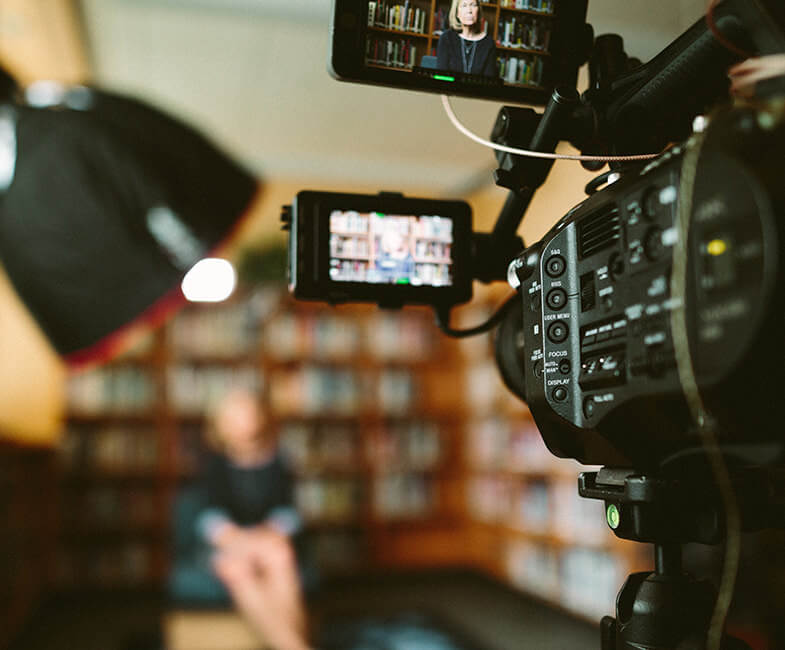Being a videographer isn’t an easy job. The hours are long, the work is difficult, and you will always encounter clients who tell you that their cousin/sibling/relative can do the same job with a handheld recorder and at a fraction of the price.
However, if it really is something that you love, then being a videographer can make up for all the unpleasant aspects of the job. However, before you can build up a reputation for yourself, you should tackle the issue of your very first gig.
It can be difficult to break into this industry, but if you have the right skillset and mentality, then you can make it. Here are some qualities of successful videographers that you should have in order to help you land the gig and succeed.
Open to learning
This skill is applicable to any industry, not just the video production industry. It’s always important to keep an open mind to learning about new industry trends or tech.
Otherwise, you risk getting left behind simply because you were too proud to allow yourself to learn more about your industry and try out new techniques and software that could have elevated your skillset.
Never be too proud to let learn something new, whether it’s from a client, a peer, or even somebody younger than you. Nobody is too experienced or too old to continue learning.
Capable of adapting to a situation
Adaptability is a key trait of any good videographer. When it comes to video production setup, there’s a very good chance that you’ll be exposed to scenarios or environments that you will not be familiar with.
If you want to make it in this industry, you should be capable to adapting to these situations and environments, as well as be capable of learning from these.
Understand the the technical side of things
Of course, you need to show that you can handle the technical side of things if you want to make it as a videographer. From the video editing tools to the camera technology, while you don’t have to be an expert in everything, you should be capable of using these.
When it comes to a video editing software, choose the top three that you’re comfortable with and use these as your primary tools. You should then familiarize yourself with the others, not to the point of mastery, but to the point where you can say that you have some experience with these.
Communication skills
While it would be great to hide behind the camera all the time, the truth of the matter is, you’re going to be interacting with people a lot. From handling clients, to talking to the on-set actors, there is a surprising amount of human interaction for a profession that relies on standing behind a camera.

